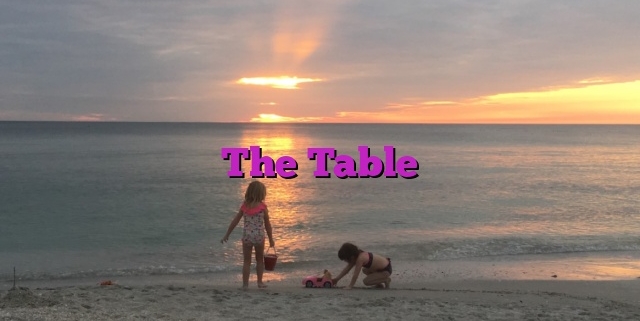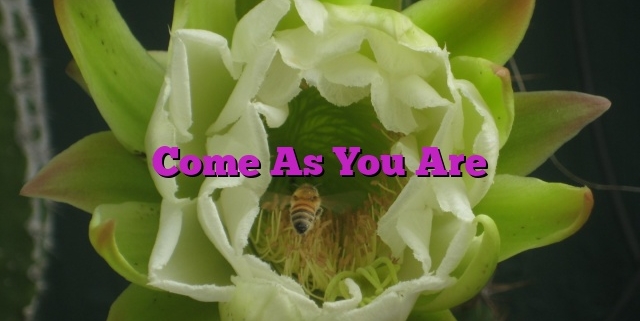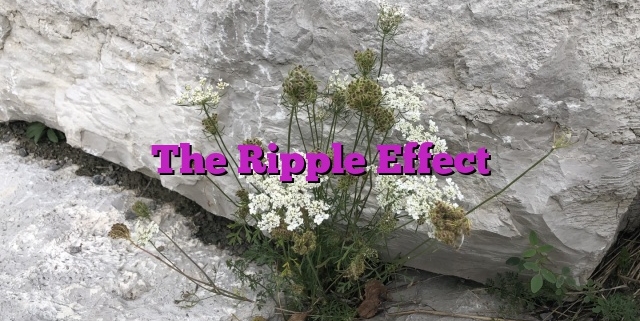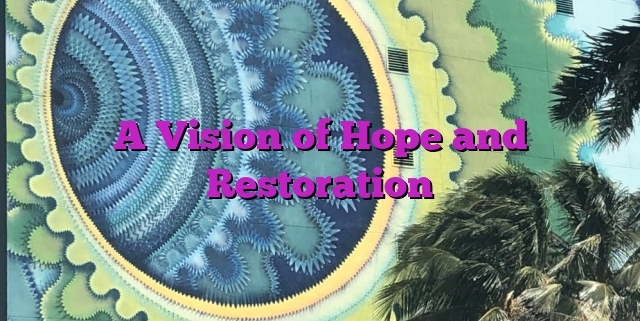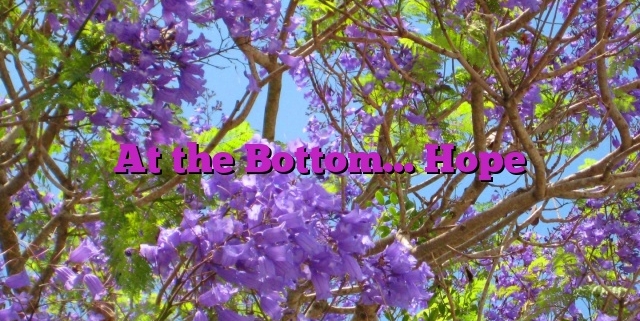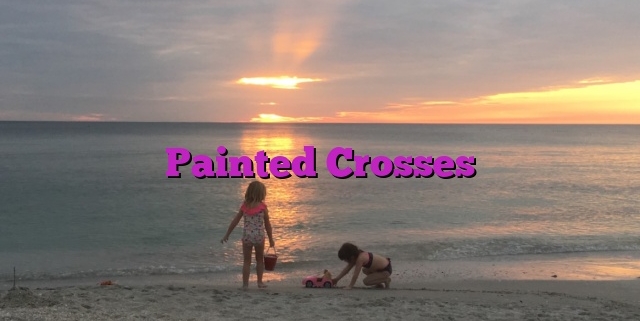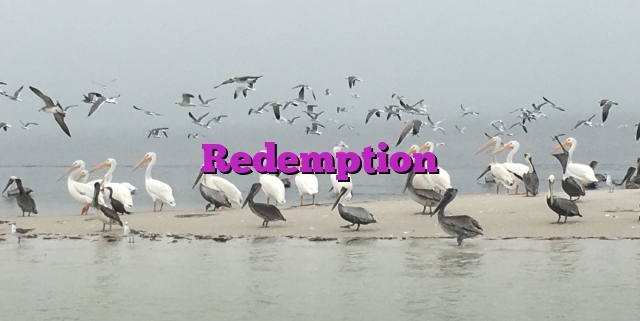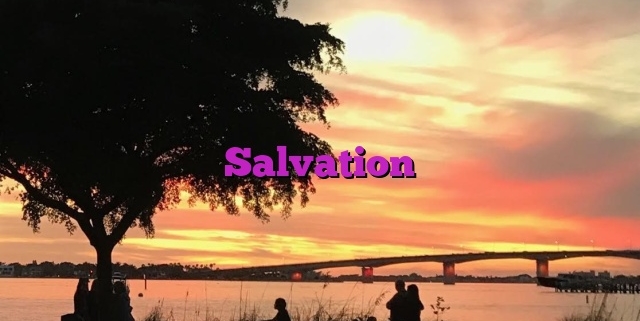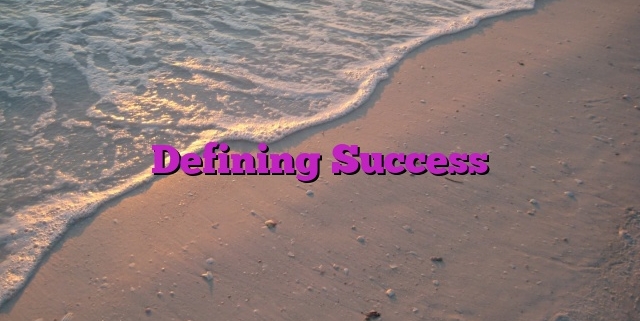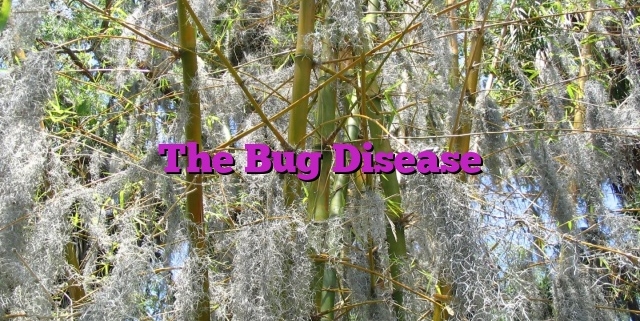The Table
Over the past couple of days, we’ve reflected on a passage from the prophet Isaiah (25:1-9): On this mountain, the Lord of hosts will make for all peoples a feast of rich food, a feast of well-aged wines, of rich food filled with marrow, of well-aged wines strained clear. And he will destroy on this mountain the shroud that is cast over all peoples…
A shared meal is more than just about food, isn’t it? On some occasions, it can set the context for the unfolding of life’s larger story – even marking moments of change and meaning. Think about a wedding banquet, funeral wake, or birthday celebration, or Christmas and Easter dinners over the years.
Throughout the scriptures, the table often serves as a metaphor for God’s activity. The exodus from slavery is initiated by roasted lamb with the Passover feast. Jesus said, “People will come from east and west. They will come from north and south to eat at table in the Kingdom of God.” Psalm 23 claims: “You prepare a table before me in the presence of my enemies.” Luke tells that it was at the table that the disciple’s eyes were opened and they recognized the risen Christ. The Gospels picture Jesus eating with tax collectors and sinners. And, on the night he was betrayed, Jesus was at the dinner table with his disciples when he took the bread and blessed it.
Isaiah’s image is at the heart of this. This language is poetry. On this mountain, the Lord of host will make for all peoples a feast…
Some scholars claim that this vision is apocalyptic – that is in the sense of revealing the coming of God’s reign at the end of time. Others claim perhaps it is more describing God’s intention for humanity here and now.
Perhaps it is both.
If the table is a place where God is at work, then let us ever approach the tables we gather around with a sense of expectation.
As I prayed yesterday: May you come to see the table as a kind of altar. And may you remember that time spent around it alone, or with family and friends, is time spent in the presence of Christ. May you offer him, all that happens around these tables…. Trusting that in that offering, there is blessing and grace…
Let us pray: Come, Lord Jesus, be our guest, in our homes and churches and around our tables. And open our eyes to your presence, even here, even now. Amen.

